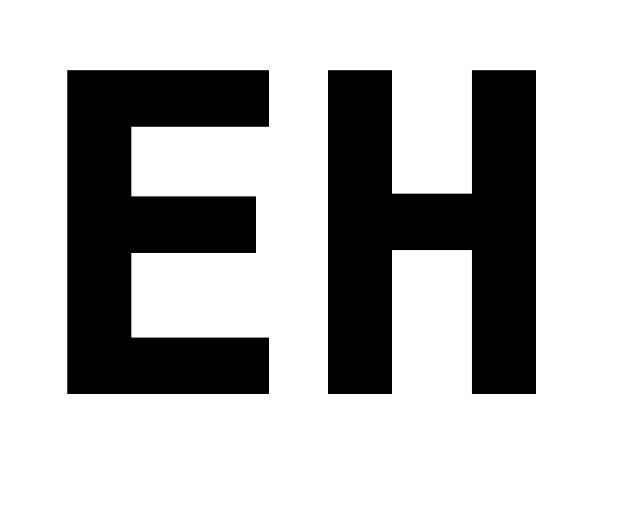Timshel
Sometimes I read books for an entertaining story, other times to gain factual knowledge, and only rarely because the book reveals something significant about the human condition. “East of Eden” by John Steinbeck falls into the final category. The semi-biographical work is essentially an exploration of free will in the context of good vs evil on a generational scale. Although Steinbeck is better known for other works like “The Grapes of Wrath”, East of Eden is possibly his most ambitious work and was considered by the author to be his magnum opus (according to Wikipedia at least).
The storyline of the book hinges around a single word: timshel. Without going into the plot, one of the main characters closely studies the ancient biblical story of Cain and Abel. This is the one where Cain kills his brother and ends up banished from the promised land. Cain has a conversation with God where God, depending on which translation you read, either orders man to triumph over sin or declares that man will triumph over sin. In the fictional investigation of this story (full disclosure: I’m unsure how all of this compares to what is actually written in the old testament) the original Hebrew word used by God is revealed to be timshel, which translates to “though mayest.” So, God neither told man he must triumph over sin, nor did he state that man would, instead he gave man the option to follow either path. In essence, God gave man free will.
The storyline of “East of Eden” parallels that of Cain and Abel, and timshel comes to symbolizes that man has the capability for both good and evil and must choose between them. To me, the word has become a reminder that I have the ultimate responsibility for my life and the person I become. Timshel is an imperative to make my own decisions, to take action, and to not over-rely on external factors. Whether it’s what I want to do with my career, who I should marry, or how I spend my time this weekend, I try to keep the concept of timshel not far from mind.
